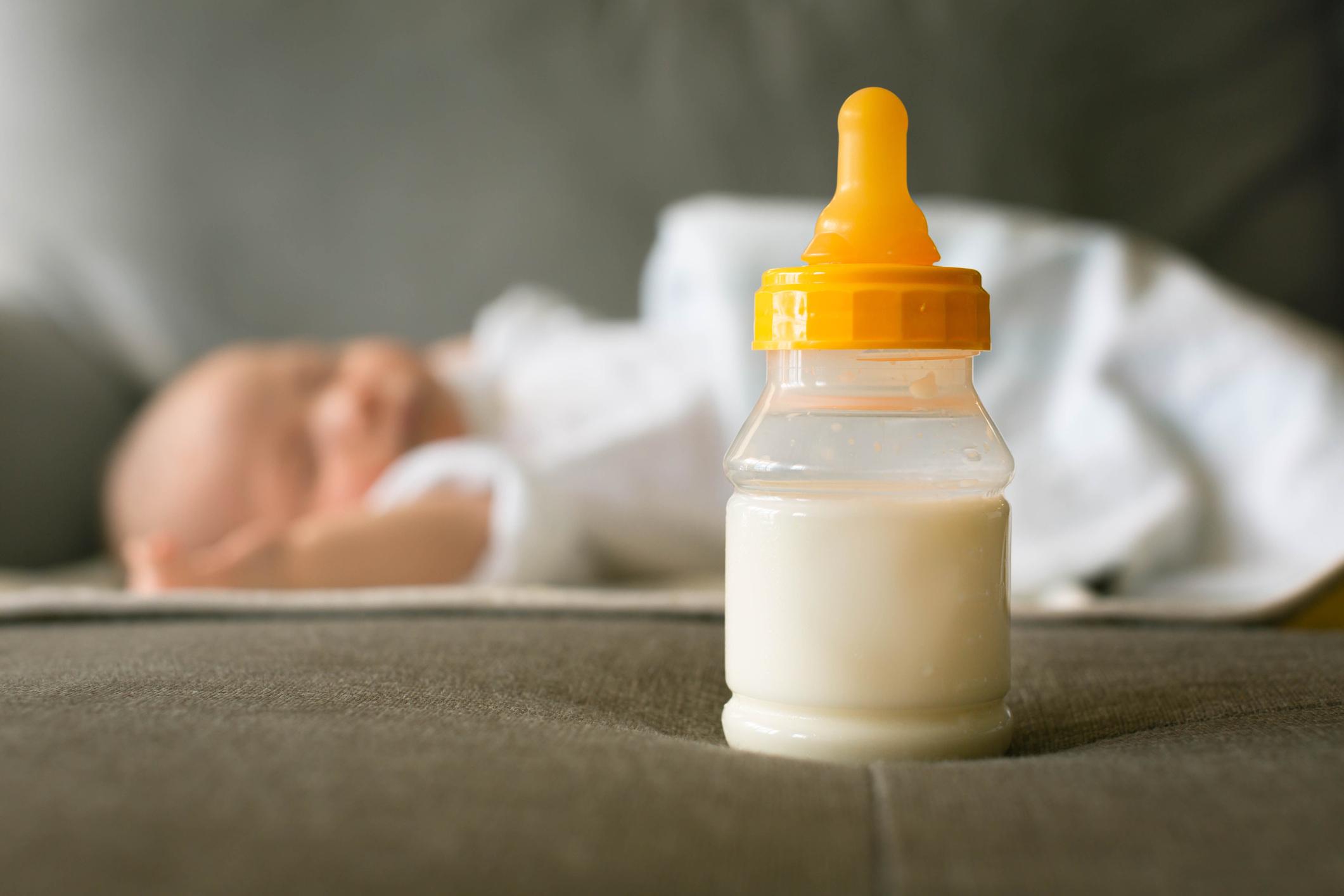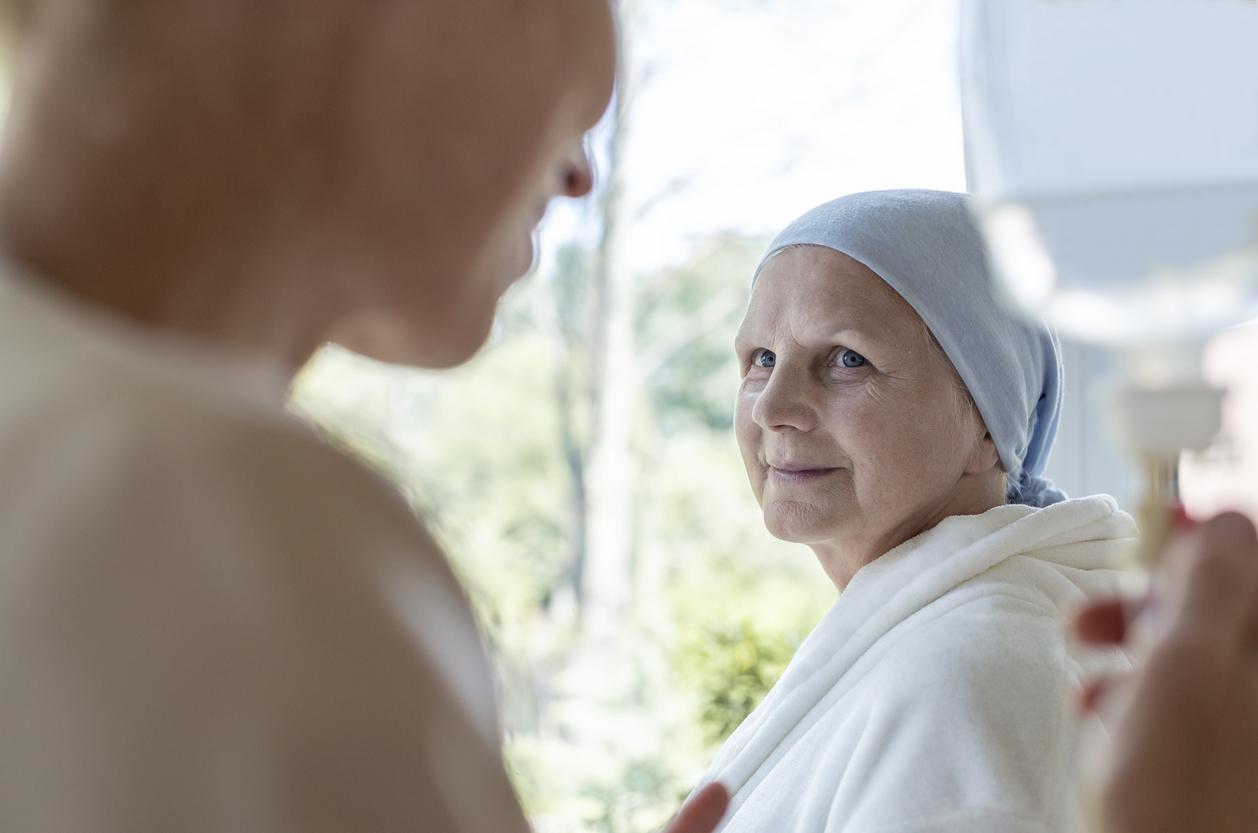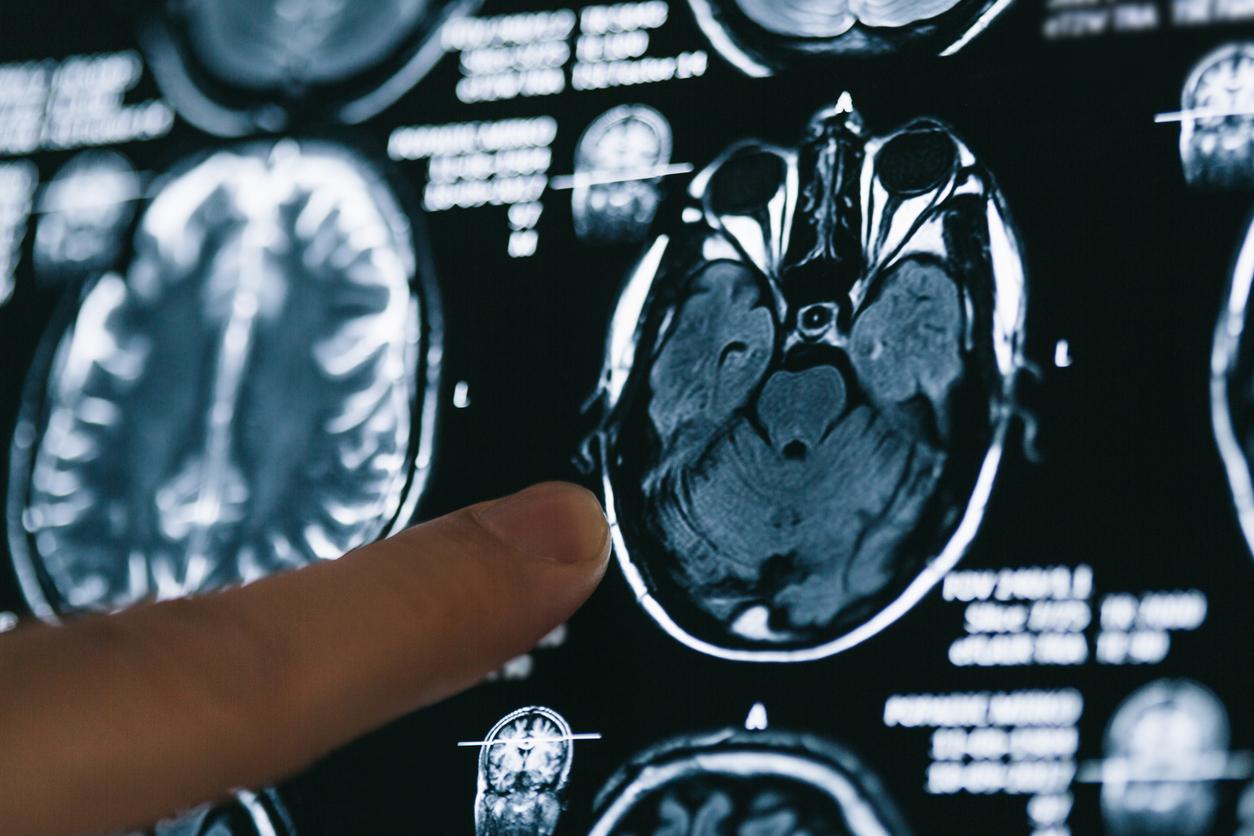American researchers have discovered a lipid molecule that would be able to reduce cerebral palsy in infants.

- 20-αHydroxycholesterol (20HC) is an oxysterol found in breast milk.
- This molecule would encourage stem cells to generate new cells that produce white matter and thus reverse the neurological lesions responsible for cerebral palsy in children.
- It will be given intravenously in an upcoming clinical trial, as many babies suffer from gastrointestinal problems and cannot receive milk or medication by mouth.
“White matter lesions are the leading cause of neurological deficits, such as cerebral palsy, in infants born prematurely. To date, there is no treatment. The most common forms of white matter lesions whiteness in babies occur before the appearance of normal myelination, which makes their physiopathology particular and therefore requires an adapted therapeutic approach”, reported scientists from Duke University (USA).
Breast milk: a molecule capable of triggering the production of new white matter
In a recent study, they discovered a lipid molecule in breast milk that is believed to trigger a process in which brain stem cells produce cells that create new white matter, thereby reversing injury. The molecule in question is an oxysterol, called “20-αHydroxycholesterol (20HC)”.
To test the effectiveness of this molecule, the researchers conducted experiments on newborn mice. “Injection of 20HC induced oligodendrogenesis enhanced myelination in white matter, which translated into improved motor outcomes”, can we read in the results published in the review Cell Stem Cell.
Put simply, the lipid molecule enters the brain and binds to stem cells there, encouraging them to produce a type of cell called an “oligodendrocyte.” Oligodendrocytes allow the production of white matter in the central nervous system. This newly produced white matter in premature infants prevents neurological damage that would affect the child’s ability to move, characteristic of cerebral palsy.
The lipid molecule will be administered intravenously in a clinical trial
“It is very difficult to develop therapies for children, especially for medically vulnerable babies, because the safety concerns are rightly very strict. The fact that this molecule is already in milk which is safe for premature infants is extremely encouraging. Now we can begin to develop a therapy that isolates and delivers this lipid in a way that is safe for infants.” said Eric Benner, author of the research, in a statement.
The discovered lipid molecule will be administered intravenously to patients in an upcoming clinical trial. This is important because many babies suffer from gastrointestinal problems and cannot safely receive milk or medicine by mouth. “The timing of brain damage is extremely difficult to predict, so a treatment that could be given safely to all at-risk premature babies would be revolutionary,” concluded Agnes Chao, co-author of the study.

















